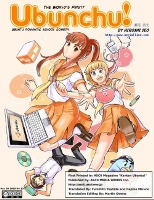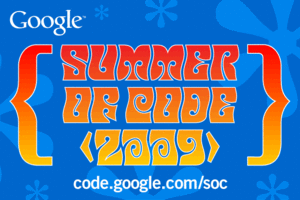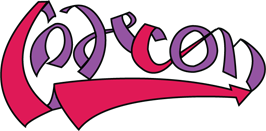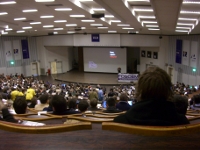
GNUnify 2009
I’ve been supporting GNUnify in Pune for many years now. And every year it has been great to see the deep support of local organizations like the Pune Linux Users Group (PLUG), Pune Tech and others.
GNUnify has come a long way. It started off as a small college festival in 2003 and has blossomed into a full-fledged technology conference today that represents the diverse and talented free and open source community of Pune. In an earlier era, while I was organizing LinuxAsia in Delhi, I was happy that I could help Harshad Gune, the key mover behind Gunefy, er… GNUnify, to grow the conference by having key players in the global open source community participate, speak and mentor at GNUnify. I’m proud to have been able to get many of my open source colleagues and friends including David Axmark of MySQL, Brian Behlendorf of Apache, Louis Suarez Potts of OpenOffice, Danese Cooper of OSI, Zaheda Bhorat from Google, Bob Adkins of Technetra, Matt Barker from Ubuntu, Chander Kant of Zmanda, Tony Wasserman of CMU and others to participate locally and help GNUnify grow. In addition, India’s FOSS community poured in their support in the form of speakers, participants, and mentors. That’s why I consider GNUnify to be a serious community contribution to growing open source and collaboration.
This year was another step in the right direction. I was excited when I met with Seth Bindernagel at Mozilla HQ in Mountain View and he agreed that it would be great to pull together a Mozilla Camp at the conference. Seth and his colleague Arun Ranganathan came all the way from California to deliver a fantastic Mozilla Day at the conference. It was also an opportunity for members of Mozilla’s India localization volunteer team to meet, discuss and make things happen for Firefox.
Another project that I was happy to see participate this year was Fedora India. The Fedora Activity Days (FAD) at GNUnify were a high energy effort that pulled together India’s Fedora team. I thank my friends at Red Hat, especially Sankarshan, for making this happen. FAD mentored and inspired developers and students interested in learning and participating more in the Fedora project.
It was also good to see the diversity in the technology program at the conference this year. Other workshops and talks that I thought were well done included Bob’s workshop on “Ruby from Basics” which had more than 70 hands-on participants (wow!), Rajesh’s “Programming with OpenOffice.org” workshop, Bain’s talk on git, Namita’s talk on ext4 filesystems, Dexter’s talk on WordPress tips and tricks “Blog A Way”, Pradeepto’s “Hello World – the KDE way”, and Navin’s talk on FREEconomics: the economics of free open/source. My talk on “User As Contributor: Best Practices For Growing Open Source User Communities” had lots of interaction on how and where FOSS users can contribute to growing the adoption of open source in their local communities, using local languages and locally relevant applications.
A new session at GNUnify this time was the Frequently Used Entries for Localization (FUEL) session which brought together a small but dedicated group (Rajesh Ranjan, Sandeep Shedmake, Sudhanwa Jogalekar, G. Karunakar) working on accurate translations for Marathi localization.
Another new program at GNUnify this year was “FOSS in Academics“. The session perhaps could have been better organized and better attended, but then this reflected the reality that technology education in India is by and large FOSS ignorant and unaware of many of the changes sweeping through the software world. As the need to provide FOSS-ready talent to the Indian IT industry grows, the urgency to incorporate FOSS in education is expected to follow. Its good to see GNUnify try its hand at FOSS in Academics. It might start a trend!







